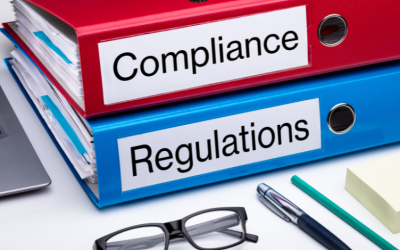Papua New Guinea has begun rolling out its national digital government infrastructure, with pilot launches in June 2025 bringing a wave of modernisation to public services. Spearheaded by the Department of Information and Communications Technology (DICT) and supported by international partners, the platform marks a significant step away from paper-based systems that have long hindered efficiency, transparency, and business confidence .
Central to the rollout is SevisPass, a digital identity system integrated into a broader Digital Public Infrastructure framework. SevisPass enables secure, consent-based electronic KYC (eKYC), single sign-on across government systems, and biometric verification, with pilots launched during May and June 2025. It aims to streamline banking, SIM registration, licensing, and government service access, including ahead of the 2027 elections.
The Investment Promotion Authority (IPA) has also introduced an upgraded online company registry. As of June, users can now register new businesses, submit filings, and pay online, with full data migration completed and legacy systems retired. These developments complement the DICT’s rollout and reflect the private sector’s cautiously positive reception—leaders acknowledge the speed and accessibility gains but continue to emphasise the need for improved rural connectivity and digital literacy.
Underpinning these advancements is a robust regulatory foundation. Papua New Guinea’s draft Digital ID Policy (SevisPass) and a 2024 Data Governance and Protection framework support the rollout, with final consultations scheduled for July 2025 and formal enactment expected later in the year. Additionally, cloud-based systems and data governance structures have been co-developed with cybersecurity experts to ensure secure and interoperable services .
International observers, including UNDP and the Asian Development Bank, have praised Papua New Guinea’s model as a potential regional exemplar, particularly for nations with challenging geography and limited infrastructure .
If successfully scaled, Papua New Guinea’s digital government initiative is poised to unlock substantial gains in service delivery, reduce bureaucracy, bolster anti-corruption efforts, and enhance investor confidence in the nation’s administrative systems. Sustained political will, cross-agency coordination, and investments in rural internet access and public training will be critical for maintaining momentum beyond the pilot phase.



